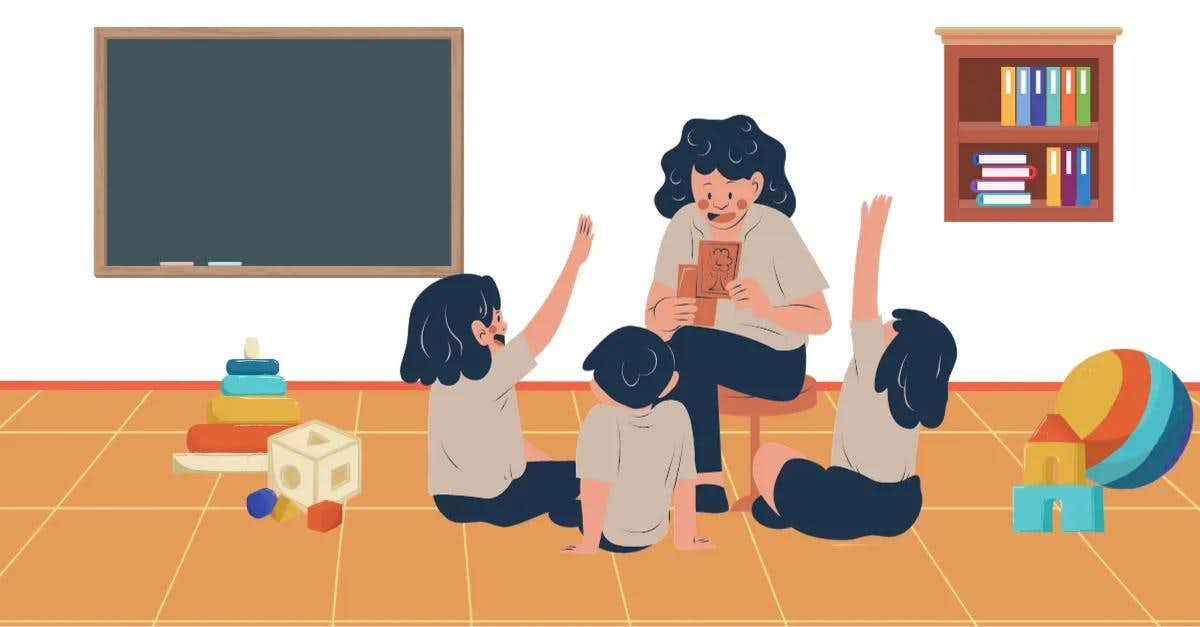September 27th, 2023

As parents, the most challenging time is getting your children back into the school routine after a much-needed summer break. This transition is difficult for many families; however, it's important to understand children may be experiencing feelings of distress, causing inconsistent attendance, and staying in school. The issue of a child refusing to attend school is better known as school refusal. It is labeled school avoidance when the behavior is consistent. The million-dollar question is, what should you do when your child doesn't want to go to school? In this blog, I will share what school refusal is, its reasons, ways to identify it, strategies to address it, and appropriate treatments for school refusal.
As a parent, we know how hard it is to shift from a vacation mindset to waking up early, working long hours, and getting back into work responsibilities can cause feelings of anxiety. These are the same difficulties and feelings many children have during the early weeks of a new school year. For some, school can feel so overwhelming that it creates distressing anxiety around attending and staying in school, and it becomes easier to avoid school altogether to relieve stress. I was hoping you could think about it from the fight-flight-freeze response, the body's response to protect us from a perceived threat or danger. From this perspective, this can look like acting out (fight), skipping class/school (flight), and unwillingness to engage/shut down in school (freezing). The motive of school refusal/avoidance is a tool used to escape distressing elements of school, which allows immediate but short-term relief.
According to a Psychology Today article by Alison Escalante, M.D., "Parents and children don't understand that staying home from school doesn't help." It makes it harder to return to school, to keep up academically, and potentially feel socially disconnected from peers and teachers. So, the more a child stays home from school due to feelings of anxiety, the more anxious they become about it, and that anxiety can often develop may develop into depression". Additionally, this short-term relief response prevents children from learning coping skills to address school-related anxiety, resulting in a cycle of school avoidance.

So, how do you identify school refusal? Most of us will answer well when our child refuses to go to school or skips. However, school refusal can manifest in several behavioral ways. According to Julia Martin Burch, Ph.D., These behaviors include difficulty attending school on time, leaving before the school day ends, or not attending school at all. School refusal can also manifest psychosomatically with headaches, fatigue, stomachaches, and other physical symptoms of anxiety that may make it hard to go to school or make it feel necessary to leave early.
Understanding your child's school refusal/avoidance is critical to addressing the issue and finding ways to support them. According to Julia Martin Burch, Ph.D. below is a list of strategies parents can use to combat school refusal:

Managing school refusal can become difficult for families utilizing licensed mental health professionals who specialize in school refusal treatment, particularly in areas such as child adolescent anxiety, and can be additional support in helping your child re-engage in school.
According to the Child Mind Institute, effective treatments are Cognitive behavioral therapy (CBT), which teaches skills to manage anxious thoughts and cope with fears. Exposure therapy focuses on gradual exposures to anxiety-inducing stimuli and situations. This is done to assist the child in eventually attending one or two classes to attend a full day of school by the end of treatment. According to the National Library of Medicine report, dialectical behavior therapy (DBT) is also an effective treatment for school refusal. It utilizes mindfulness, distress tolerance, emotional regulation, and interpersonal effectiveness skills. This treatment modality addresses comorbid psychiatric problems, family dysfunction, and other contributing problems.

Our Services
Virtual/Online CarePHP and IOPAdult PsychiatryChild & Adolescent PsychiatryAdult TherapyChild & Adolescent TherapyCouples CounselingFamily TherapyGroup TherapyPsychological TestingTranscranial Magnetic Stimulation (TMS)